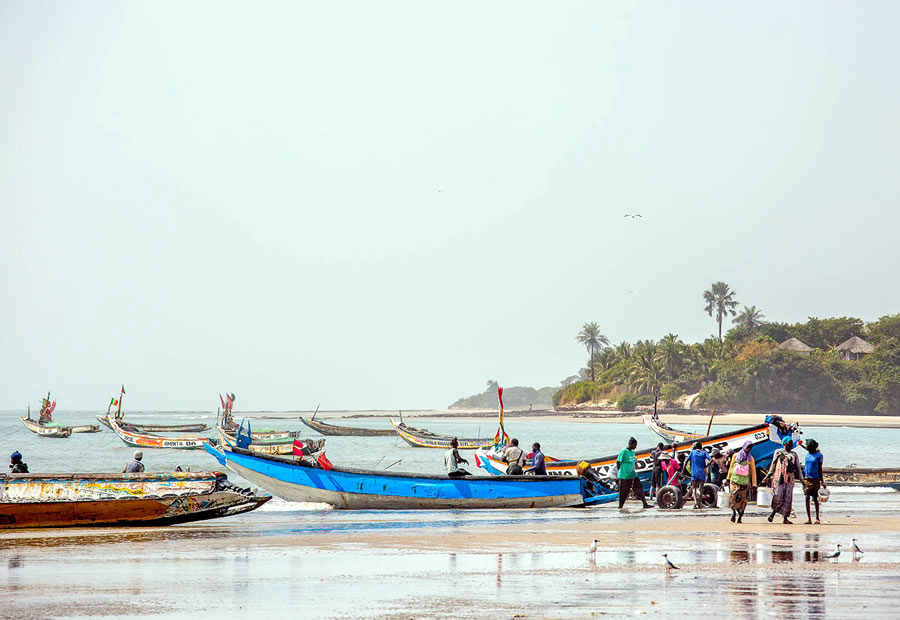
Fishing in Senegal is at a turning point. An economic and cultural pillar of the country, the sector generates food, employment and foreign currency. But the overexploitation of key species, such as sardines, is causing alarm bells to ring. Today, 70% of the animal protein consumed by the population comes from the sea, a dependence that exposes the country to risks if urgent action is not taken.
With 718 kilometres of coastline and a maritime area rich in biodiversity, Senegal combines artisanal and industrial fishing. In May this year, the Ministry of Fisheries authorised 151 trawlers - 132 nationals and 19 foreigners - to operate in national waters. Even so, artisanal fishing dominates: 80% of the landings come from the 17,449 active canoes.
During the presidential campaign in March, the National Coalition for Sustainable Fisheries (CONAPED) succeeded in getting the candidates to sign a declaration for sustainable and inclusive fisheries until 2030. The agreement, now endorsed by the new government, marks a turning point in the country's fisheries policy.
Among the most prominent measures are a freeze on new industrial licences for at-risk species, as well as audits of existing fleets. It is also planned to strengthen maritime control and combat illegal, unreported and unregulated fishing, one of the main challenges facing the sector.
The authorities claim that management will be more transparent. Updated lists of authorised vessels will be published and monitoring of both industrial and artisanal fisheries will be improved. Sustainability is thus seen not only as an ecological necessity, but also as a national development strategy.
Senegal is committed to a model that protects its resources without slowing down activity. A complex but vital balance for a country where the sea is one of the main engines of life.
Source: camacoes.sn
